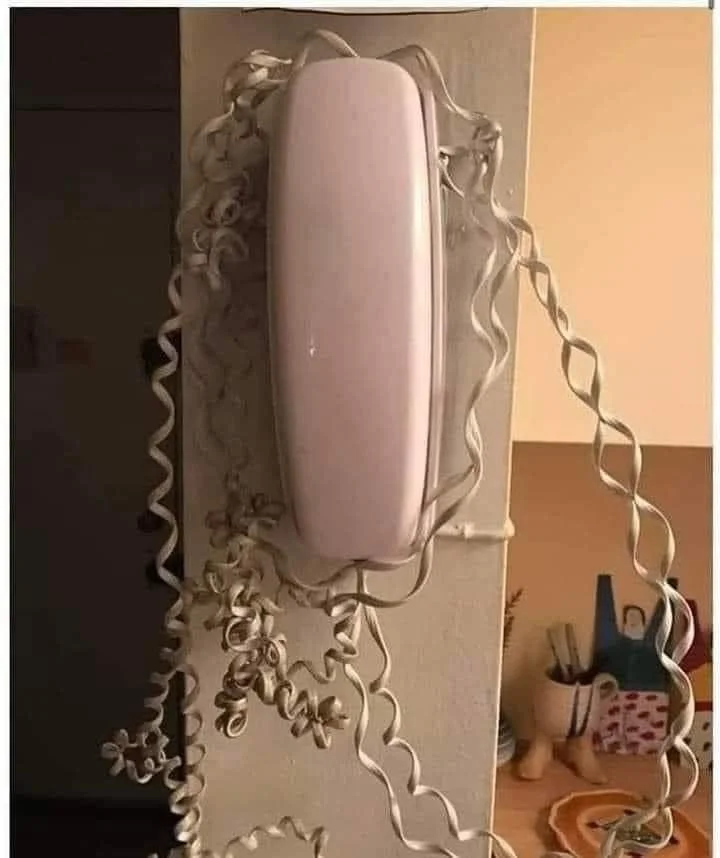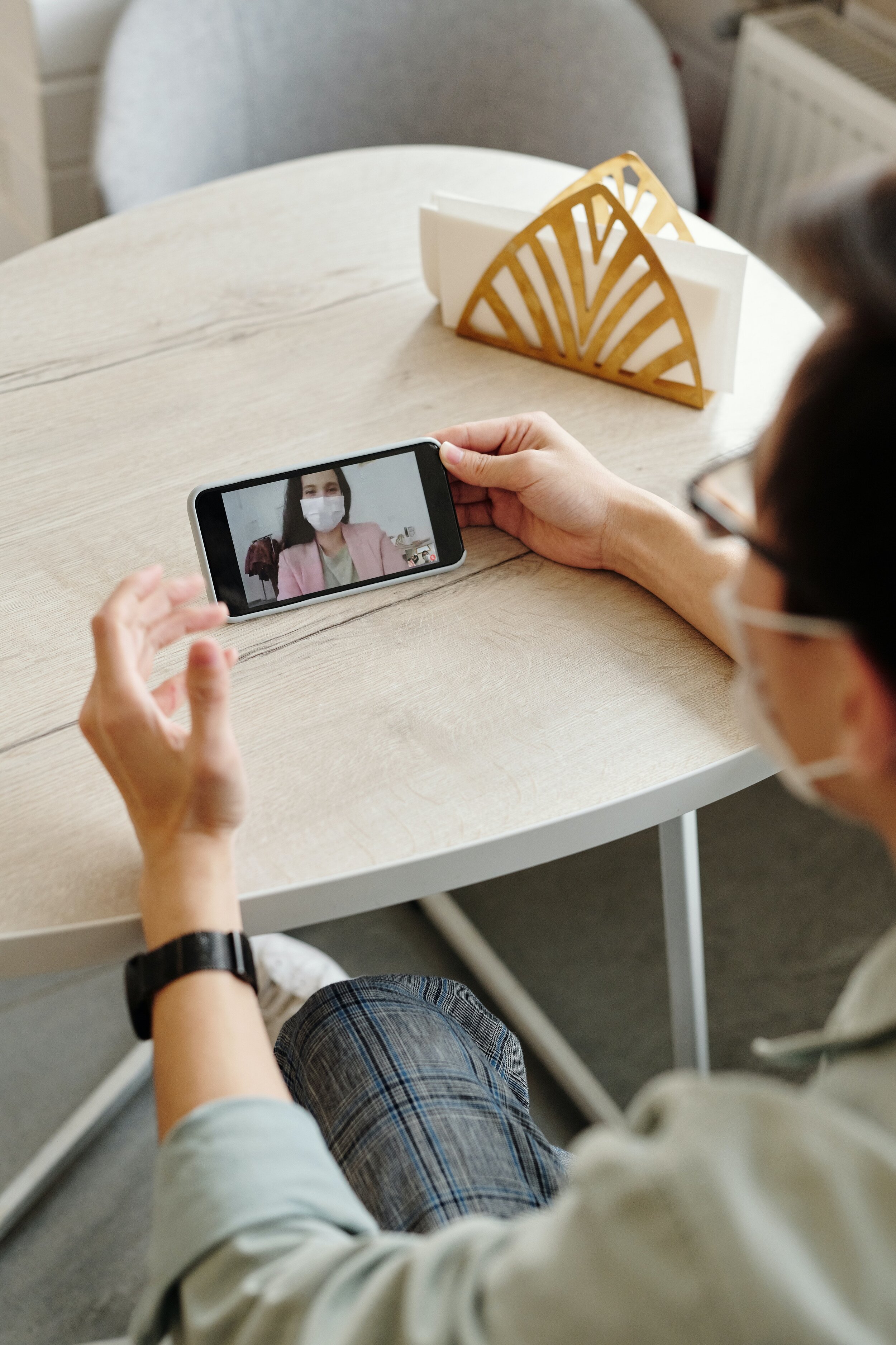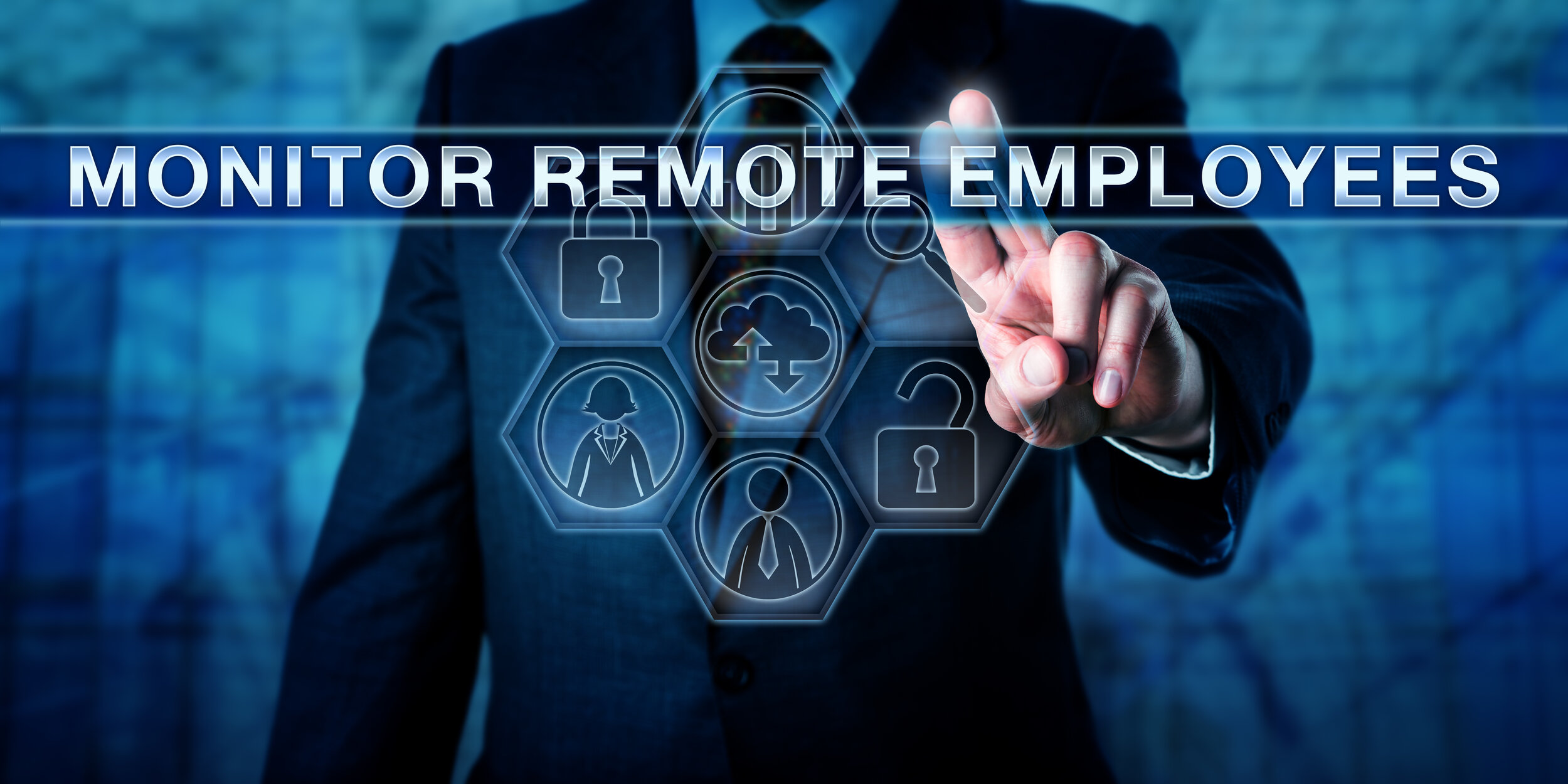MTC: Mobile Hotspots Outpace Hotel Wi-Fi: A Game-Changer for Tech-Savvy Lawyers 📱💼"
/Lawyers on the road can Stay productive with mobile hotspots!
As a seasoned legal professional and tech enthusiast, I've experienced a paradigm shift in connectivity during recent travels. My recent trips to Charolette, Chicago, Ft. Lauderdale, Orlando and Panama, revealed a stark reality: hotel Wi-Fi often falls short, especially in crucial areas like conference rooms. This realization led me to an important reminder– my smartphone's hotspot consistently outperforms hotel networks.
Using an iPhone Pro Max 16 on AT&T and a Galaxy S22 on Verizon, I've found that mobile hotspots often offer faster, more reliable connections. This dual-carrier approach provides a safety net, as coverage can vary. Notably, AT&T as plans for unlimited talk and data in Central America that proved invaluable in Panama, incurring no additional fees and my Verizon plan provided much better coverage at the hotel in Orlando.
This shift questions the necessity of prioritizing hotel Wi-Fi when booking accommodations. The table below illustrates the stark contrast in average speeds:
Additionally, the landscape of mobile data pricing has undergone a dramatic transformation in recent years, making the use of smartphone hotspots increasingly attractive for travelers. Carriers have significantly reduced their data prices, with many now offering "unlimited" data plans at competitive rates.
AT&T offers their Value Plus VL plan with unlimited data for $51 per month.
Mint Mobile has slashed its unlimited data plan to just $15 per month for a full year, while US Mobile's Unlimited Starter plan provides 35GB of high-speed data for as low as $25 per month.
Verizon offers competitive options, including its Unlimited Welcome plan, which costs $65 per month for one line and includes unlimited talk, text, and data.
* Note these offers are subject to change.
Warning: Make sure the data plan you have with your carrier is sufficient for your travels! You don’t want to pay overage charges!!!
🚨
Warning: Make sure the data plan you have with your carrier is sufficient for your travels! You don’t want to pay overage charges!!! 🚨
Lawyers can Boost conference productivity with mobile hotspots!
Plus, you get additional security through mobile data versus wifi, as cellular networks typically offer stronger encryption and built-in security protocols compared to public Wi-Fi networks. Mobile carriers actively manage and update their security measures, making it significantly more challenging for cybercriminals to intercept your data. This enhanced protection is particularly crucial when handling sensitive client information or accessing confidential legal documents while traveling.
This shift towards more affordable and generous data allowances has made relying on mobile hotspots a viable and often superior alternative to hotel Wi-Fi, especially for tech-savvy professionals on the go. 📱💼 Cellular data provides a more secure connection, with encryption that makes it difficult for attackers to exploit, unlike many public Wi-Fi networks that may be unencrypted or poorly secured. For legal professionals navigating the digital landscape, embracing mobile hotspots could be the key to uninterrupted productivity. It's time to reconsider our reliance on hotel Wi-Fi and leverage the power in our pockets. 🚀⚖️
MTC




















